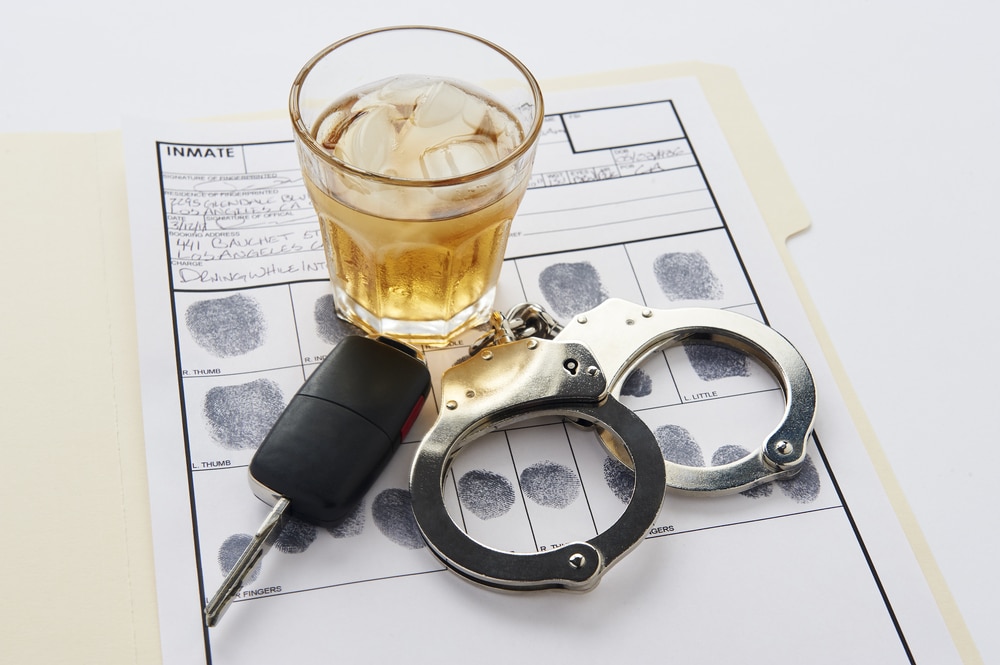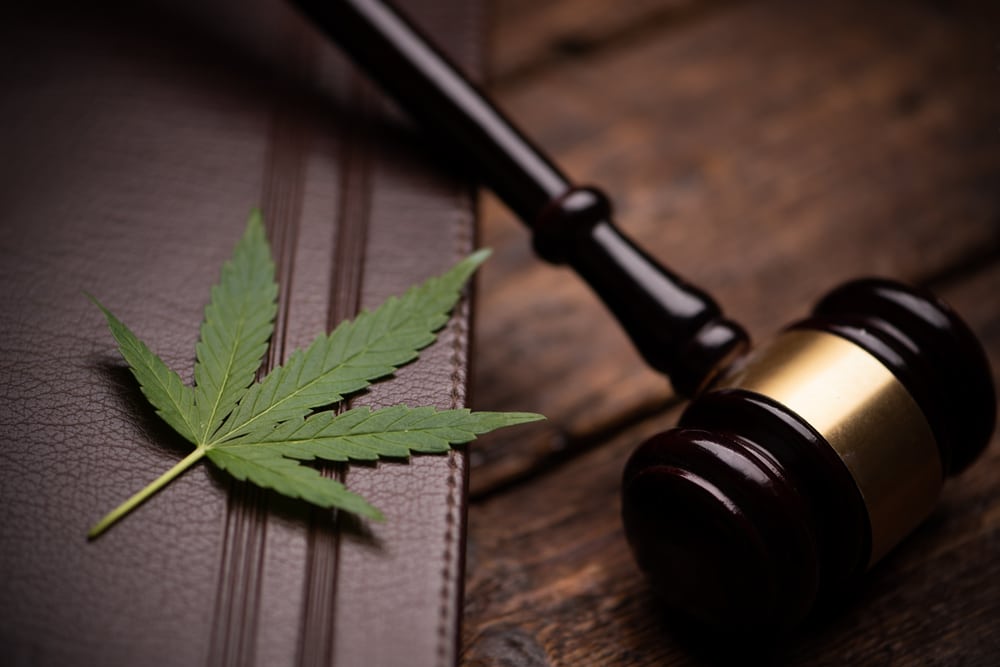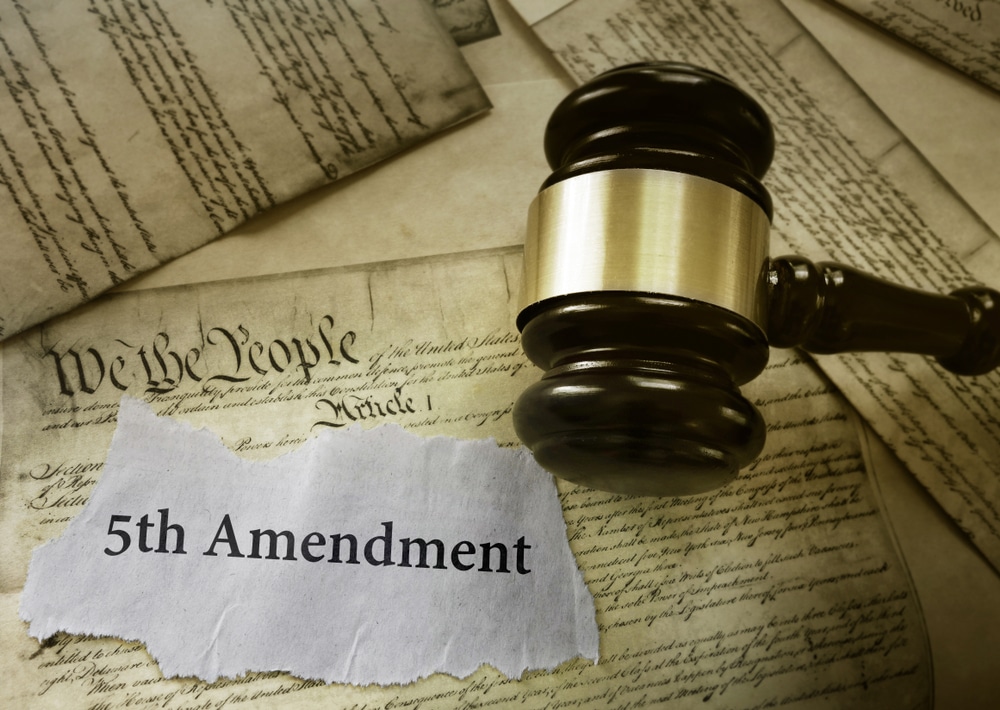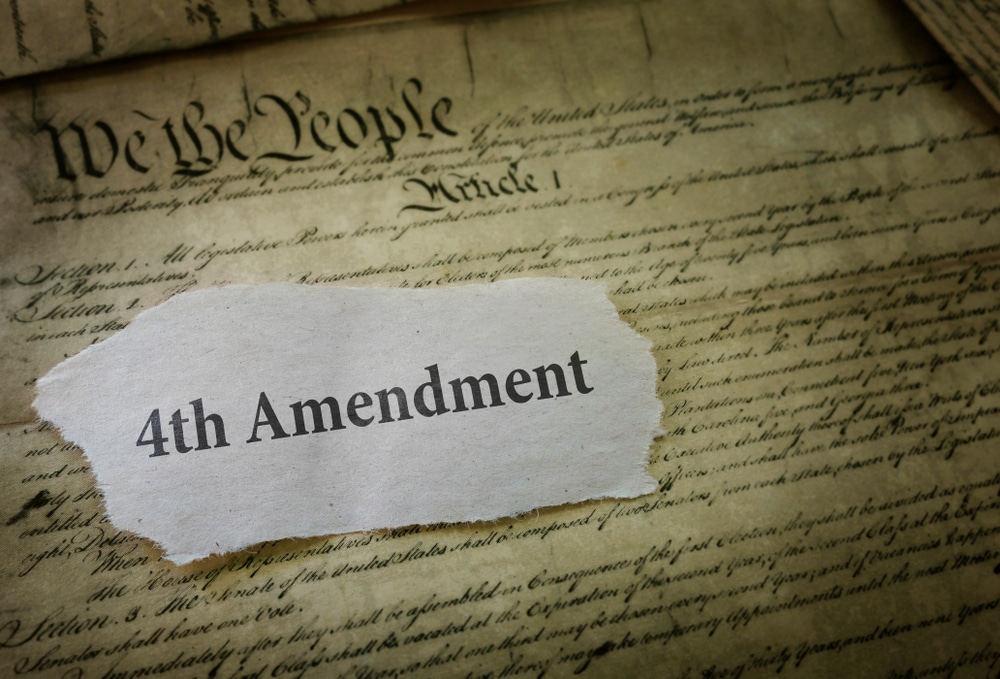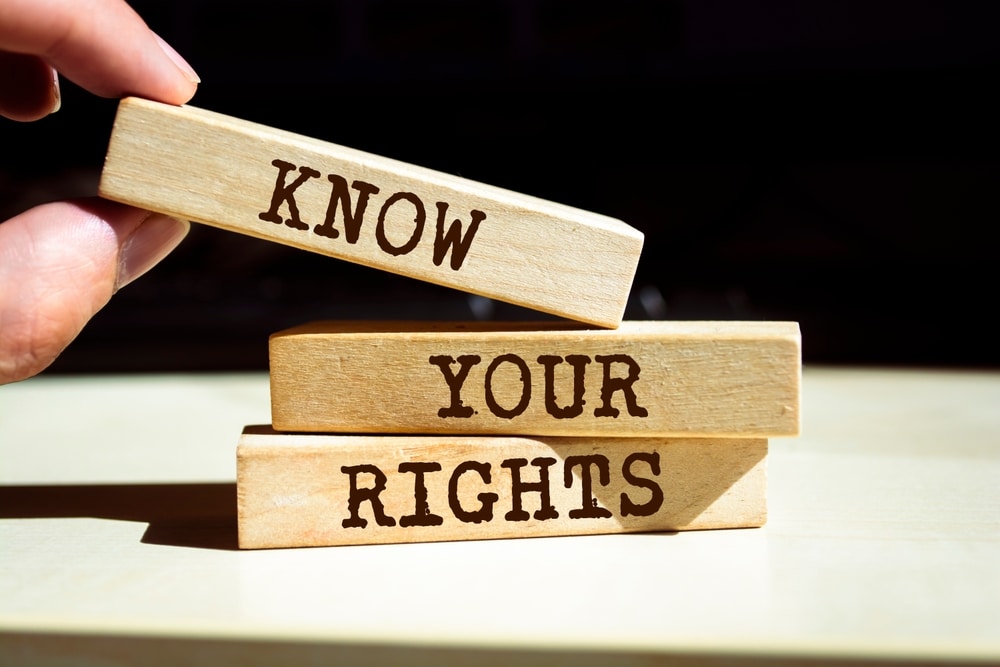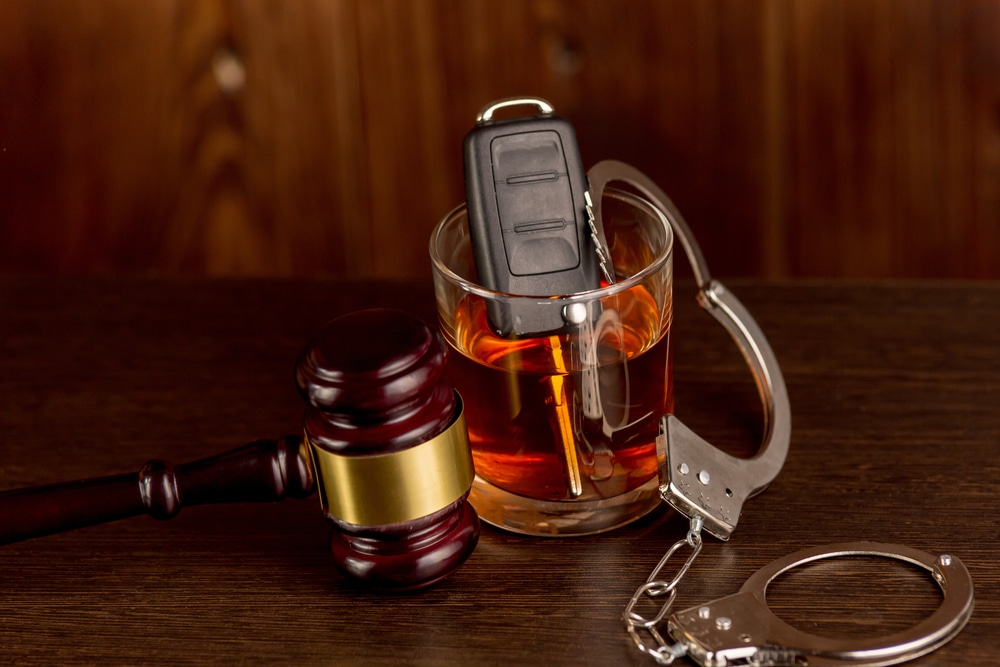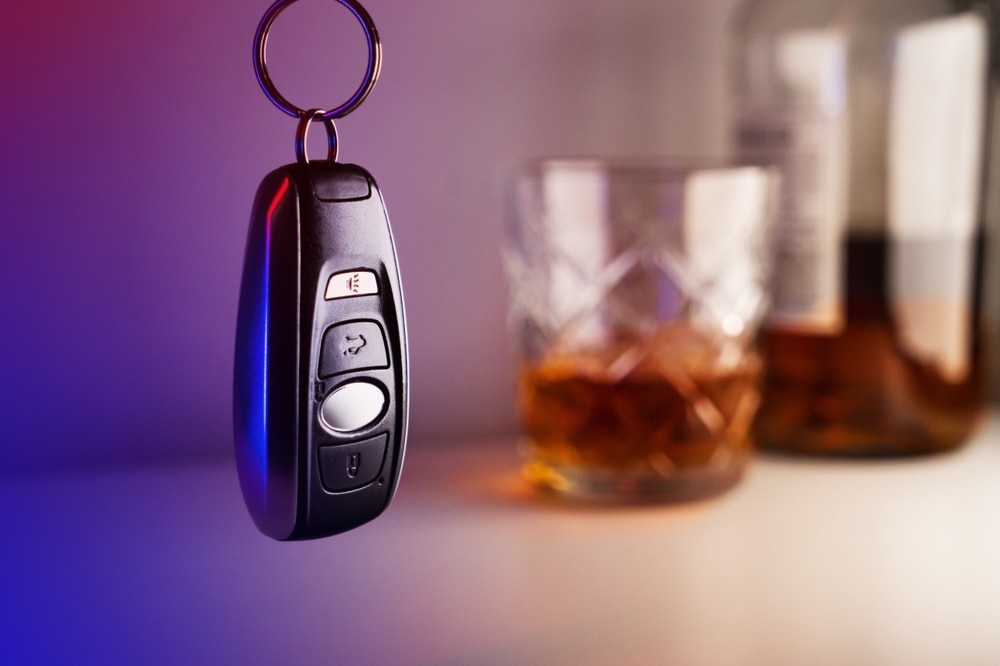The team at D’Emilia Law represents defendants from all walks of life. While some of our clients may have broken the law on multiple occasions, many more seek our help following their first arrest. For example, the local basketball coach, PTA president and graduate students are typically not prepared for the shock of being arrested and processed through New York’s criminal justice system.
These defendants typically are private citizens who:
- Mistakenly or unknowingly engaged in illegal activity,
- Chose very unwisely or in a moment of desperation, or
- Were in the wrong place at the wrong time with the wrong people.
After being arrested or charged, most people immediately feel remorse. As New York criminal defense lawyers – and as former prosecutors – we see this often when representing people arrested for driving while intoxicated (DWI) or driving under the influence (DUI).
We are all familiar with the story – after a party or night out where drinks are involved, someone gets behind the wheel instead of securing a ride home. After failing a breathalyzer test, they are arrested and brought to a holding cell at the local precinct. Once the dust settles and they are released, they always ask us two questions:
“Will I lose my license?” followed by, “Is my life over?”
The answer to both is: No.
We always remind clients: An arrest is not a conviction. Just because their names were published in their community police blotter and they now have an arrest history, does not mean all will be lost. Though each case has its unique challenges, nearly all are manageable and negotiable, and records may be kept sealed.
Quick Tips Following An Arrest
- Avoid answering any questions without your lawyer present. Everything you say can be used against you, so you want to say the right thing: “I want my lawyer.” This is not relegated only to the DWI scenario above. This strategy holds true if you are arrested for any crime – in many cases, it is a mistake to immediately plead guilty and suffer the consequences. It is better to hire a lawyer who will protect your rights and maintain your innocence.
- Do not be too intimidated. This can be difficult, because a police precinct or a holding cell can be frightening. But most first-time, low-level offenses are not seriously pursued by the state. Despite the district attorney’s intimidation tactics, there is not enough time or resources to make an example of everyone. It is in the state’s best interest to negotiate.
- Craft a strategy with a New York criminal defense lawyer. You want to hire a lawyer who regularly (or exclusively) handles criminal law to argue or negotiate the charges. Even if you know someone who practices law, if it’s not criminal law then ask them to refer a criminal defense lawyer in New York.
The majority of our clients are typically the type of people we described above, who are immediately remorseful after their judgment errors. But an arrest will not derail your life, no matter how dire the situation may seem. Your lawyer should be able to help retain your driver’s license and keep you out of jail after a first-time offense.
D’Emilia Law’s legal experts spent decades as prosecutors and handled countless types of cases like this. We are now successful defense lawyers who use first-hand knowledge of the system to work within it and achieve favorable results so that you can resume a normal life.
If you or a someone close to you needs a criminal defense lawyer in New York, we would be honored to represent you. Contact us.


